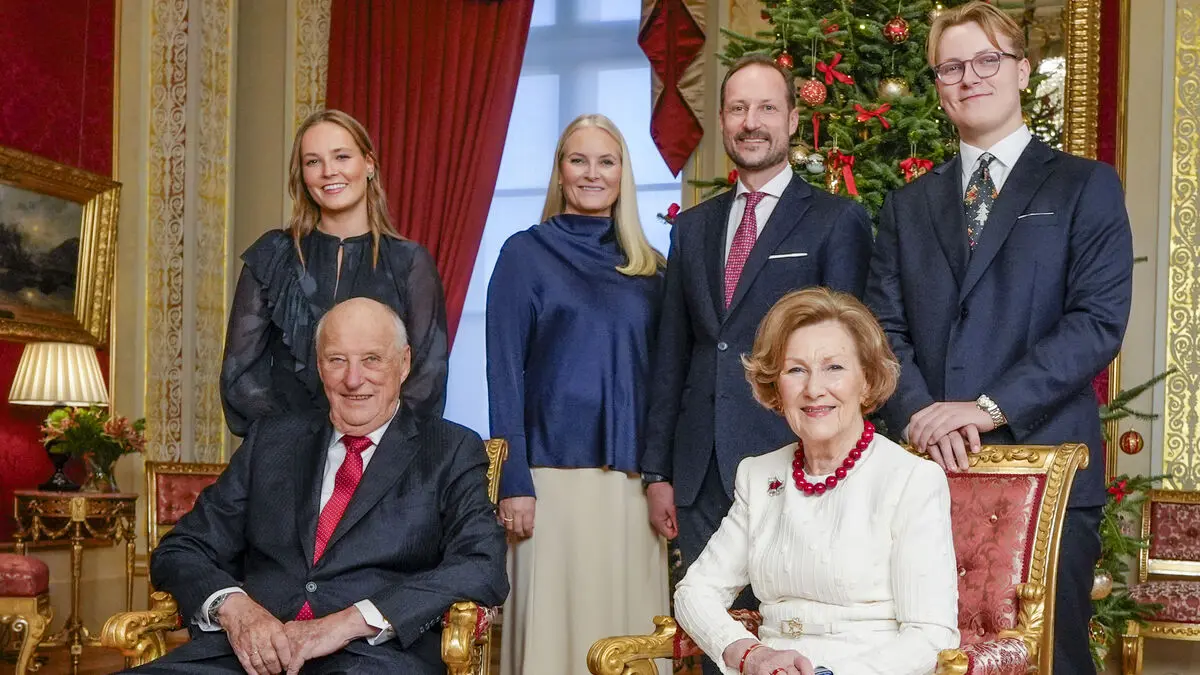Up to 75 percent of Canadian exports go to the USA, where cars are a large part. And Canada is the largest external supplier of crude oil to the USA.
It would be an incredibly large shock to the Canadian economy, but it would also mean that the USA is shooting itself in the foot, says Stephen Tapp, chief economist at the Canadian Chamber of Commerce, according to Reuters.
The threat of a 25 percent tariff on all goods from Canada and Mexico would also hit American consumers in the form of price increases on imported goods, he emphasizes.
They are also expected to hit the Mexican car production hard.
Three largest
Canada, Mexico, and China are the USA's three largest trading partners. Since 2020, the USA, Mexico, and Canada have had a free trade agreement that Trump, then president, praised as the best the USA had ever gotten.
According to John Veroneau, who negotiated trade agreements under President George W. Bush, Trump's outburst means that the USA is in practice canceling the agreement.
Unilaterally introducing a 25 percent tariff, of course, means that the agreement is no longer valid, says Veroneau to The Washington Post.
The US dollar strengthened directly after the outburst against both the Canadian dollar and the Mexican peso.
Fasten your seatbelts
Fasten your seatbelts, says Benito Berber, chief economist at the international capital manager Natixis to Bloomberg.
That there would be threats from Trump was entirely expected, but the tariff outburst will, according to Berber, hit the Mexican currency hard.
Several comments on the outburst suggest that it is a negotiating tactic, that it is not set in stone and that it is not certain to become reality. Five years ago, in 2019, during Trump's first term, he threatened with 5 percent tariffs against Mexico to stop migrants. A week later, he backed down and claimed that Mexico had taken action.
He also threatened with 25 percent tariffs against Canada, something that Canada then described as an existential threat.
Four stormy years
Against China, Trump is now threatening to impose an additional 10 percent duty on all goods.
Shoki Omori, chief strategist at Mizuho Securities in Tokyo, claims that the market has drawn too large conclusions from Trump's nomination of Scott Bessent, hedge fund manager on Wall Street, as finance minister.
The market has assumed that Bessent will hold back Trump's more unbridled outbursts, but in the end, it is Trump who controls financial policy.
It will be four volatile years for global assets, says Shoki Omori.
Advertisement






